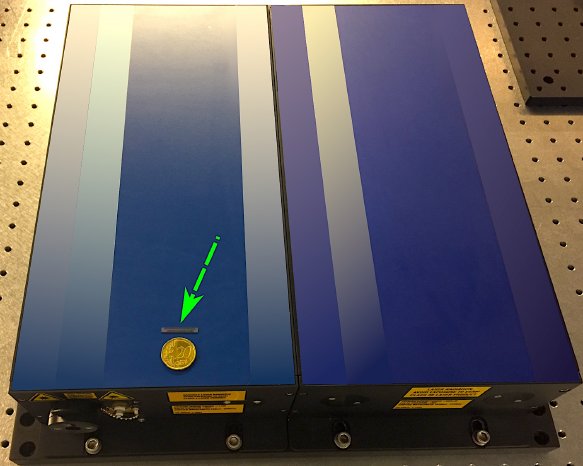In the three-year funding period, the consortium will receive around 3.4 million euros from Brussels. The money comes from the highly competitive EU progamme "Future Emerging Technologies", which funds interdisciplinary research projects with bold visions for the future that promise technological breakthroughs. "FEMTOCHIP" is DESY's first project in this funding programme.
Major advances in laser physics, microtechnology and materials science are needed before an integrated short-pulse laser can be realised on a chip, and the team is striving to make these advances. "If we achieve what we set out to do with the "FEMTOCHIP" project, we will lay the foundation for a low-noise and powerful femtosecond laser technology that will then be available to science and industry at a fraction of the usual cost," says Franz Kärtner, Senior Scientist at DESY. "It literally is a fraction: we hope that femtochip lasers will cost only about one percent of what research centres currently spend on laser systems."
The consortium consists of DESY, the University of Twente in the Netherlands, Aalto University in Finland, the Ecole Polytechnique Fédérale de Lausanne in Switzerland and the companies LIGENTEC SA from Switzerland and EURA AG from Germany. The combined expertise of experts in ultrafast laser technology, micro-integration, materials science and industrial applications is supposed to overcome the many technical hurdles that have so far made femtosecond lasers on chips impossible.
The laser flashes will later be produced with ultra-high precision directly on the microchip. Everything with a need to be small or mobile and requires precisely timed laser pulses could benefit from this - for example, medical diagnostics, mobile environmental sensors, navigation systems and quantum technologies.
Note: The article was published with the kind permission of DESY (Deutsches Elektronen-Synchrotron).

